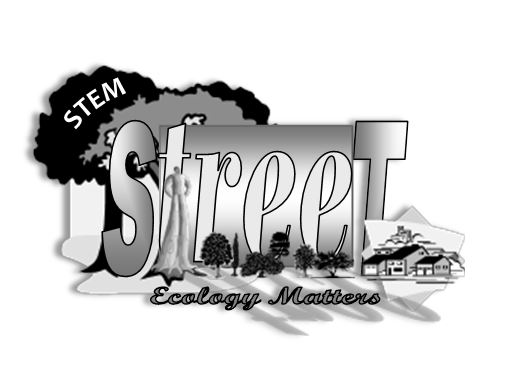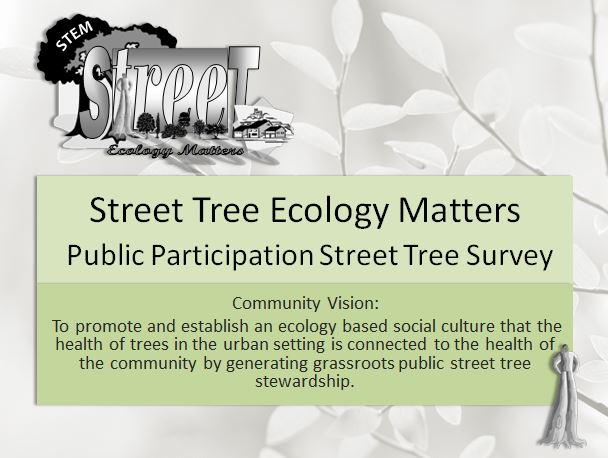
For me, trees are an essential part of any landscape whether urban, suburban or rural. I had a farm in King Township where I restored essential microclimate zones by planting windbreaks, hedge rows and treed perimeter areas interspersed with the pastures for my horses. These provided cooling shade, erosion control, etc. and created habitat for songbirds and other wildlife. Before even 10 years into the experiment the change was dramatic. Then at 25 years you wouldn’t have recognized the farm. Benefits included energy savings for the farmhouse, comfort for the horses at pasture, songbirds galore, habitat for so much more wildlife - like the doe who fawned every year in a wooded corner of the pasture, and beauty beyond compare.
After selling the farm and moving to an urban setting, it was clear to me that my ongoing advocacy for stewardship in the environment had a new mission – the urban forest. I am a certified horticulturist. I had worked for two summers for a local water conservation program doing home landscape advisor visits. The first question I was asked upon arrival was… how do I help my poor street tree? I knew that any information I imparted to the home owners about their street tree also applied to their yard trees. Soil science is soil science no matter how you look at it. A couple of minutes of instruction, to highlight the differences between naturally occurring soils and highly impacted urban soils, was all that was needed to kick start an awareness in the home gardener of how important soil conditions are -- often hidden by the habit of doing things by rote because they always did them that way.

My interest in urban trees issues was sparked by a period some years ago where I had taught components in the International Society of Arborists courses. With climate extremes, Emerald Ash Borer, dwindling municipal funds for tree care and exponential growth in our cities, I knew I needed to bring to the table information that could be utilized to help to build public participation in our valuable urban forests. My concerns were that any studies that had been done to date on the social benefits of trees related to human health would be relegated to just that – studies. (Yet more information that no one would read.) I wanted to do a study to gauge public perception of current urban forestry street tree care, maintenance and conservation programs. So I researched survey wisdom, developed the Street Tree Ecology Matters (STEM) survey, shopped it around for funding to cover some costs to deliver it at community events and found a home at the York Environmental Stewardship Council (YES). I could not have done it without YES – “Say YES to Stewardship!”

Many stakeholders provided review and advice during various phases of the project, for which I am eternally grateful. In the end, we asked the general public to respond to 10 questions. And respond they did! I cannot relay how much I enjoyed the public delivery process and what a high level of stewardship, knowledge and innovation the public demonstrated. They even excelled at the “science” questions, which some reviewers worried the public was not equipped to answer! Did they say how important their urban forest is? Most certainly!
Just a few survey result highlights:
- 99% agree street trees do make neighbourhoods better places
- 88% agree street trees do effectively contribute to human health
- 87% agree street trees do effectively contribute to community character
If you want to know more about what people said or explore the survey report for yourself, all you have to do is to email me for the PDF at patsspiritalive [at] aol [dot]com or visit the YES web site (under construction) where a STEM page will soon be posted.

Pat Prevost is a certified horticulturalist and a graduate of LEAF’s Tree Tenders Volunteer Training Program.
